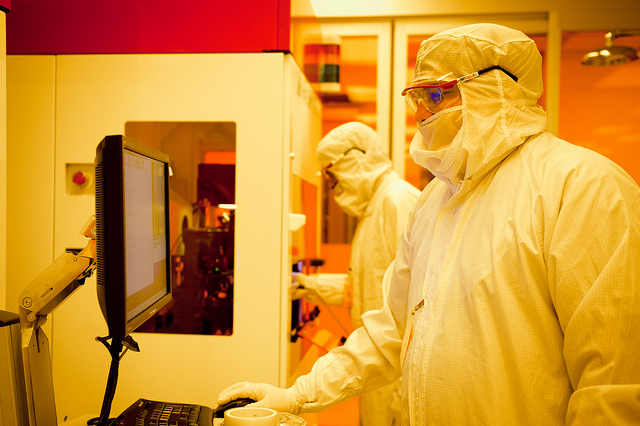The goal of today’s high-risk, high-payoff ERCs is to create a culture that advances transformational engineered systems technology and education through multidisciplinary, cross-sector partnerships with all stakeholders by means of collaborative, team-based convergent research on important and complex societal problems leading to strong societal impact, while producing engineering graduates who will be creative U.S. innovators in a globally competitive economy. These ERCs are at the forefront as the U.S. competes in the 21st century global economy, where high-quality R&D resources and engineering talent are increasingly distributed internationally.
Supporting this research culture is each ERC’s innovation ecosystem, in which a symbiotic relationship exists between the ERC's institutions and researchers, member firms, and partner organizations devoted to stimulating entrepreneurship and innovation. Translational research plays a critical role in accelerating the application of ERC-developed technologies to commercial products. This can occur through Center research sponsored by member firms, which speeds the transfer of ERC intellectual property (IP) into the firms’ processes and product lines; or by the licensing of ERC-developed technology to member firms or to startups and other small firms. In addition, small non-member firms sometimes play a critical role through translational research projects supported by NSF and other sources.
The goal of today’s high-risk, high-payoff ERCs is to create a culture that advances transformational engineered systems technology and education through multidisciplinary, cross-sector partnerships with all stakeholders by means of collaborative, team-based convergent research on important and complex societal problems leading to strong societal impact, while producing engineering graduates who will be creative U.S. innovators in a globally competitive economy. These ERCs are at the forefront as the U.S. competes in the 21st century global economy, where high-quality R&D resources and engineering talent are increasingly distributed internationally.
Supporting this research culture is each ERC’s innovation ecosystem, in which a symbiotic relationship exists between the ERC's institutions and researchers, member firms, and partner organizations devoted to stimulating entrepreneurship and innovation. Translational research plays a critical role in accelerating the application of ERC-developed technologies to commercial products. This can occur through Center research sponsored by member firms, which speeds the transfer of ERC intellectual property (IP) into the firms’ processes and product lines; or by the licensing of ERC-developed technology to member firms or to startups and other small firms. In addition, small non-member firms sometimes play a critical role through translational research projects supported by NSF and other sources.

